Teaching Certificate
Certificate in
Evidence-Based
Instruction
&
Course Design
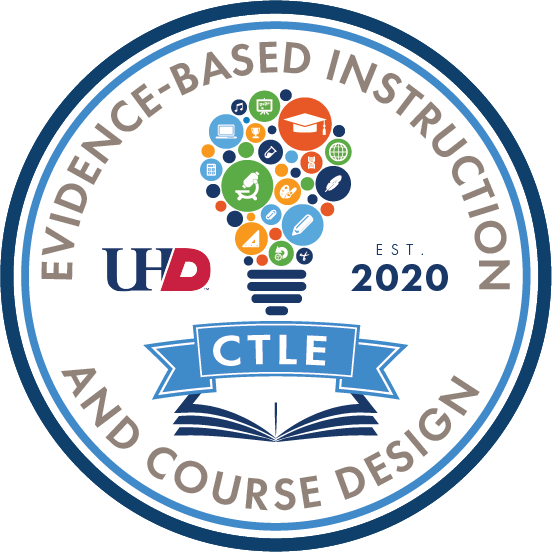
Through participation in a series of workshops offered by the UHD Center for Teaching and Learning Excellence, faculty can earn various badges and micro-credentials, leading to a Certificate in Evidence-Based Instruction and Course Design. Completion of this certificate signifies a dedication to continuous improvement of teaching skills and a commitment to UHD student success. Upon completion, participants will be able to implement backwards course design, identify evidence-based strategies relevant to their courses, and increase student motivation and engagement.
The instructional videos for the Teaching Certificate program are still available. However, we are no longer issuing badges for this program. It has been replaced by the Teaching Academy.
About The Certificate
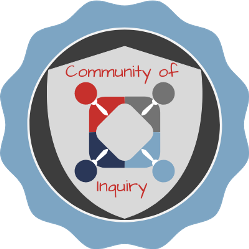
Earn badges by attending individual workshops in the series, facilitated by UHD faculty and/or CTLE staff.
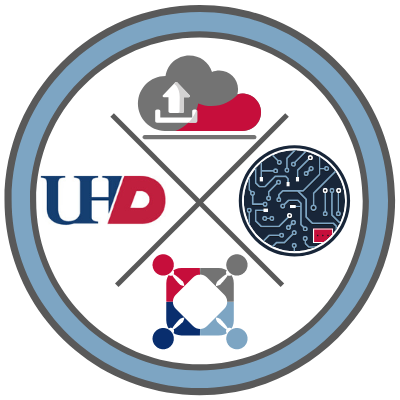
Completing three workshops as grouped below, leads to a micro-credential.
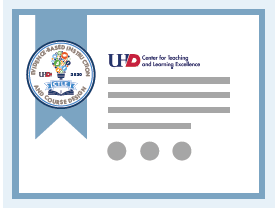
To earn the certificate complete 3 of 8 available micro-credentials.
Workshop Titles & Descriptions
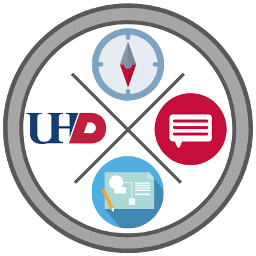
Designing a Quality Course
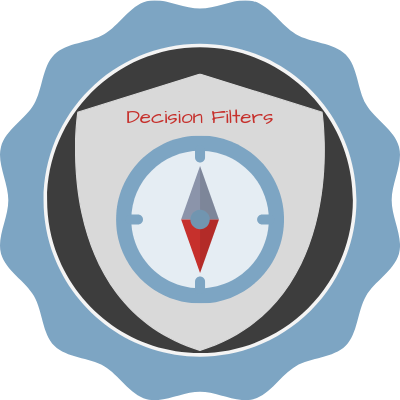
Decision Filters for an Aligned Course Design
An effective and efficient backwards course design process begins with strategic creation of course learning outcomes. Outcomes serve as decision filters for creating aligned learning activities and assessments that accurately reflect learning. In this workshop, you will learn timesaving approaches to creating outcomes that will drive your course design.
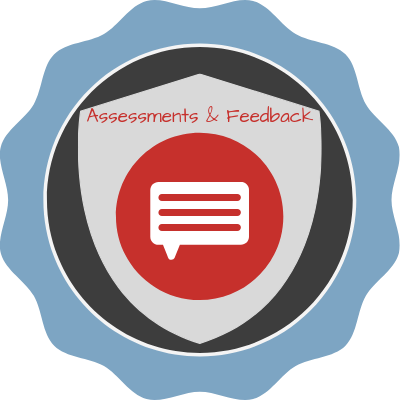
Learning Assessments and Feedback
How do we develop effective learning assessments to monitor student learning in a
way that informs metacognition and our teaching? Here, we will examine learning assessment
strategies ranging from formative to summative and identify which strategies best
fit your course structure. By the end of this workshop, you will be able to:
1. Make exams better suit your learning goals,
2. Identify factors that influence test performance, and
3. Provide effective feedback.
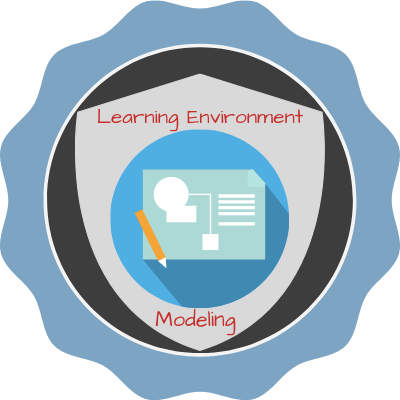
Backwards course design ends by identifying relevant course content and how it is delivered. To inform this process, Learning Environment Modeling (LEM) provides a design language to visualize a learning environment with some key instructional priorities at center stage. We will cover the five LEM building blocks (i.e. Information, Dialogue, Feedback, Practice, and Evidence) and visualize how they can be connected to create an optimal learning experience.
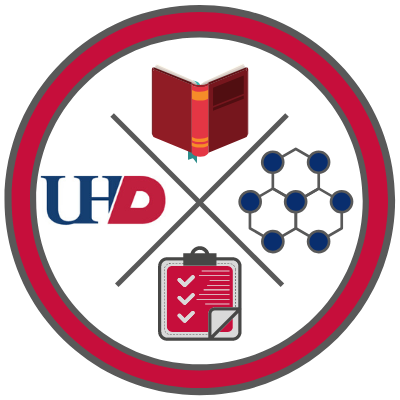
Evidence-Based Instruction
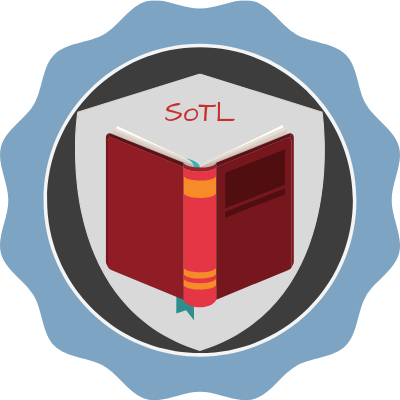
Scholarship of Teaching and Learning
In this introductory workshop, participants will explore various sources for efficiently identifying relevant and evidence-based practice that can be applied in their courses. The workshop will include resources available through the UHD library and more broadly online. Finally, we will discuss key principles of experimental design and data collection to equip faculty participants to engage in their own scholarship relative to teaching and learning.
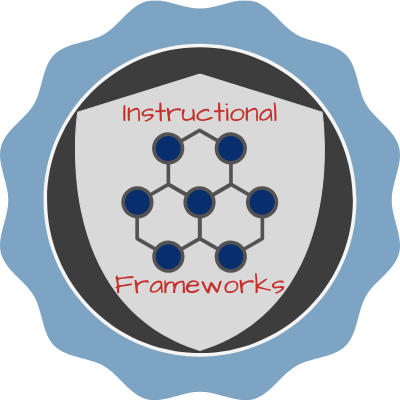
Flexible Instructional Frameworks
An instructional framework is a set of pedagogical strategies shown to be effective in various contexts. They can be adapted according to individual teaching styles. A good framework is 1. Evidence-based, 2. Structured, 3. Flexible, 4. Transferable, and 5. Logical. In this workshop, attendees will learn about various frameworks, apply appropriate frameworks to different scenarios, and explore ways to adapt frameworks to their style and context.
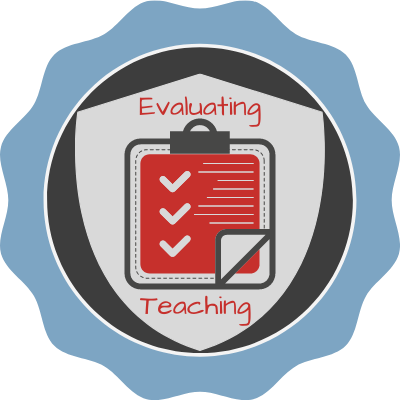
Evaluating Teaching Effectiveness
Teaching is a cycle of growth, experimentation, and improvement. One way we can grow as teachers is by polling the students we are teaching. Here, we will look at how UHD conducts student evaluations, and plan for them early by selecting questions from those evaluations to incorporate into an anonymous mid-term feedback survey. In this workshop, we will develop a plan to implement the survey and create an action plan.
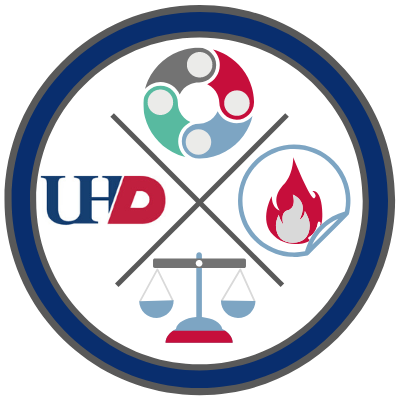
Student Motivation And Engagement
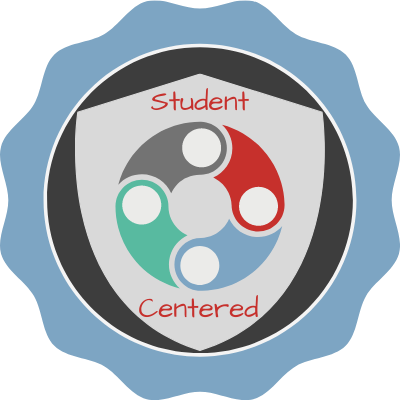
Creating a Student-Centered Learning Environment
Students learn best where they can be authentic, speak openly, and construct new knowledge through meaningful dialogue. Establishing an environment like this starts before the first day of class, with a carefully crafted syllabus, and it continues with intentional approaches to connecting with students, building an inclusive community, and making the content relevant to the students. In this workshop, participants will learn about syllabus design, inclusive excellence, and relating content to the real world.
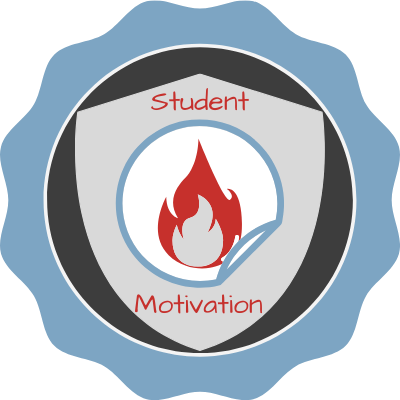
Student Motivation in the Classroom & Beyond
While extrinsic motivators, like grades, tend to be the focus for most students, we as educators can create a learning environment for student that supports their intrinsic motivation. In this workshop, we will present tangible strategies for enhancing student motivation that are based in self-determination theory.
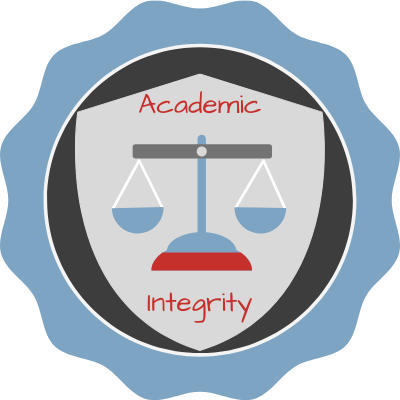
Encouraging academic integrity in the classroom goes beyond establishing hard and fast rules in the syllabus. Open dialogue about the principles of learning are the foundation for helping students understand the why behind the institutions policies regarding academic honesty. In the workshop, practical strategies for encouraging academic integrity will be presented, along with specific monitoring tools.
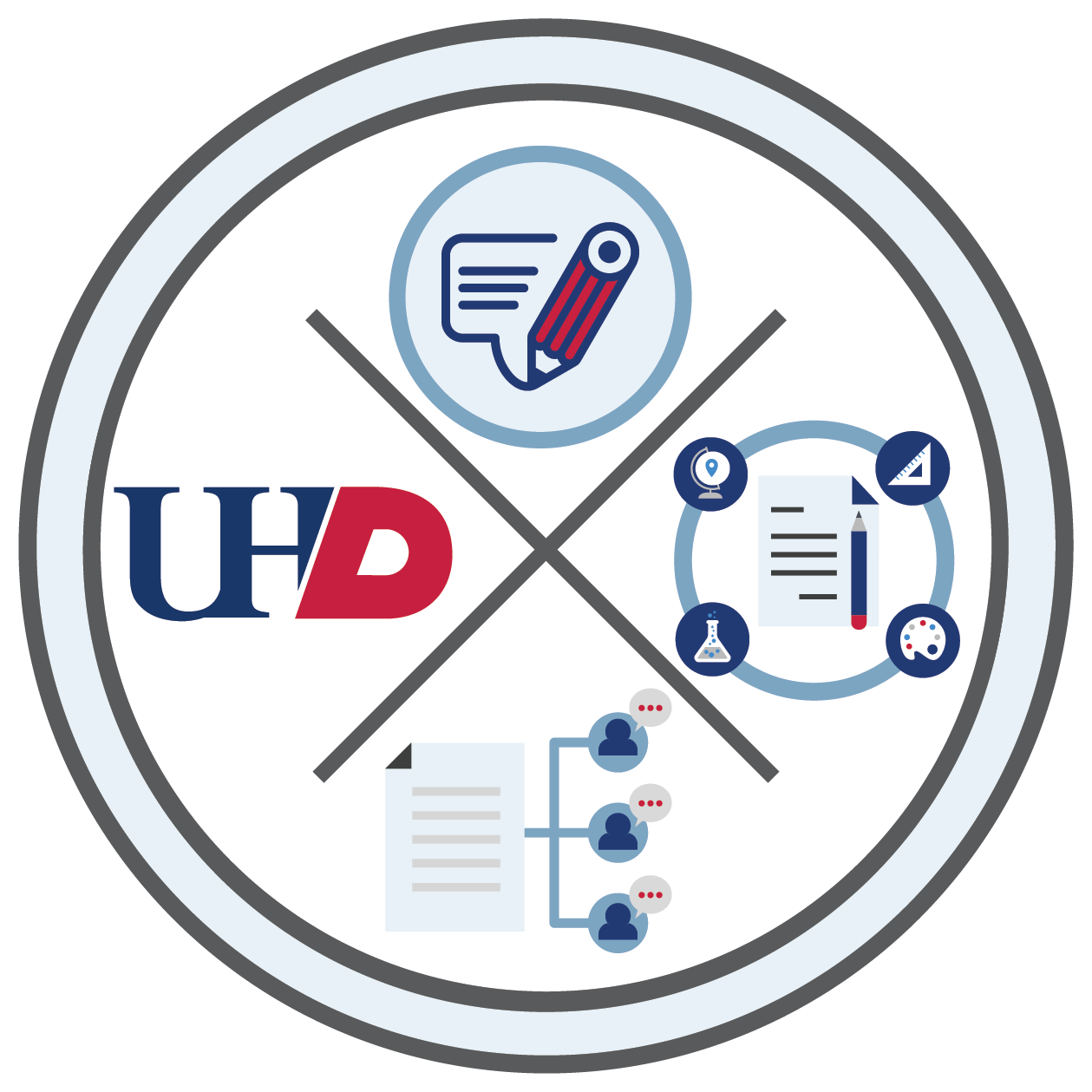
Writing In The Disciplines
Writing Within Your Discipline & Giving Effective Feedback
How do we develop effective assignments that produce the kind of student writing we expect to see? How do we teach writing within our disciplines, but not go crazy under the weight of grading? We will examine differing citation styles and how to utilize library services & resources, as well as techniques for ensuring transparency. By the end of this workshop, you will be able to make assignments that treat writing as formative, create multimodal prompts that address real world opportunities for writing, and give effective feedback on writing that students will actually use.
Embedding Writing in the Disciplines
Students benefit from a variety of writing activities that can be easily embedded into your course. This workshop will cover using social annotating as a way to improve critical thinking and writing, scaffolding low-stakes writing assignments towards a larger project, creating and using rubrics for writing feedback, and how to draw on writing skills students already bring to your courses.
Writing for English Language Learners
60% of UHD students feel most comfortable in a language other than English. How does this impact their written fluency, and how might we address their unique needs? Here, we will examine techniques that use strong verbal fluency as a way to improve textual fluency and will consider a variety of specific grammatical and linguistic issues that produce translation errors. By the end of the workshop, you will be able to deploy strategies for improving student fluency within your own discipline, help students understand assignment prompts so they are better able to meet the requirements of the assignment, and find ways to encourage reading writing aloud as an adjunct to revision.
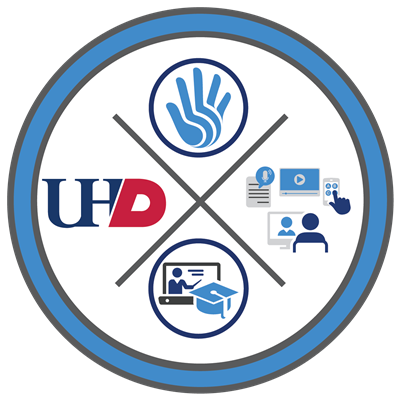
Integrating Academic Support Services
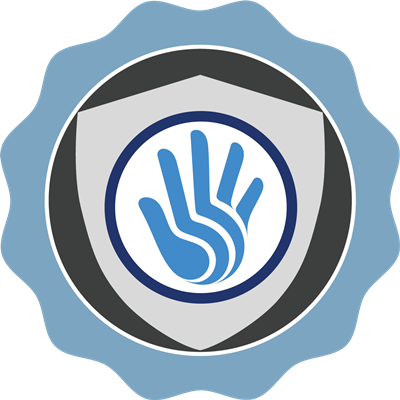
An Extra Set of (Virtual) Hands – Using Embedded Tutoring Across Disciplines
With distance learning now an essential part of the educational landscape, new modalities of academic support are required. Embedded tutoring links tutors to specific online courses, enabling more substantial student utilization of academic support. Providing more individualized learning opportunities, embedded tutors can create a helpful presence in the online realm and provide another avenue for student engagement. In this session, we will discuss different models of embedded tutoring and collectively brainstorm how having an embedded tutor in your course could bolster student performance.
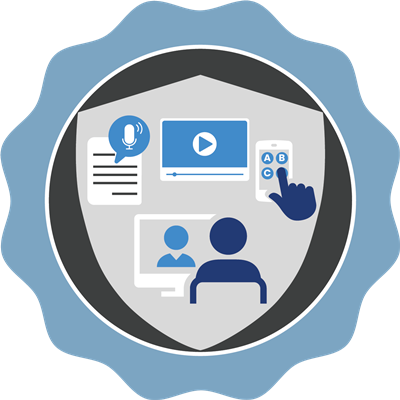
Supplemental Instruction and the Virtual Classroom
Integrating active learning strategies and collaboration in a classroom can change the way students engage with their faculty and with course content. With online learning becoming the norm, it has become even more essential to create opportunities for collaboration and interaction in a virtual classroom environment. However, integrating these strategies come with their own challenges. In this workshop, we will introduce how Supplemental Instruction Leaders can assist with facilitating various active learning strategies and how faculty can effectively utilize SI services to continue the learning process outside of the classroom.
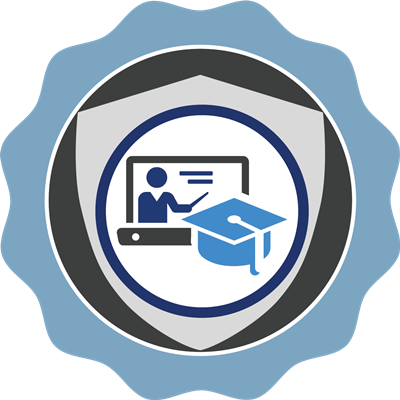
Tutoring and Online Student Retention
Faculty play an important part in connecting students to the tutoring services necessary to succeed academically. In addition, faculty participation in early alert and midterm grade reporting helps to connect tutoring services to students. When students connect with tutoring services early and frequently during the semester, the likelihood of their academic success and retention increases. In this workshop, faculty will learn how to how to use Canvas and EAB Navigate to track student retention and promote tutoring for their classes.
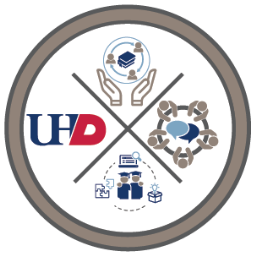
Inclusive Teaching
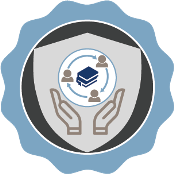
Establishing an Inclusive Learning Environment
Students bring a diversity of cultures, perspectives, and experiences with them into the classroom. As instructors, we can set the stage early for an environment that is inclusive of this diversity by using welcoming language, establishing classroom norms, and learning about our students. Establishing an environment like this starts before the first day of class, with carefully constructed messaging, and it continues with soliciting and responding to feedback, and integrating student interests and backgrounds into the course material.
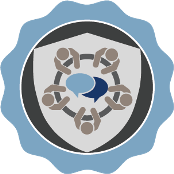
Building Community and Managing Discourse
A sense of belonging is a universal psychological human need according to motivation theory, including Self-Determination Theory. This need can be met in part for students by intentional effort in building community. This begins with the instructor expressing interest in and care for students, and continues with intentional strategies for helping students build connections with their peers. This latter step requires setting clear expectations for classroom discourse, and then both modeling and managing that process.
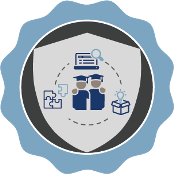
Exploring Universal Design for Learning
Universal Design for Learning (UDL) is an approach to thinking about teaching and learning that provides all students with equal opportunity to be successful in the course. The primary focus of UDL is providing flexibility in the way students receive content, access materials, utilize resources, and demonstrate learning. A course designed and delivered with UDL in mind is naturally more inclusive and beneficial for all students, but is particularly helpful for students with learning differences. In this workshop, we will present the UDL approach and discuss application specific to UHD, such as integration with disability services and compliance facilitated by Canvas Ally.
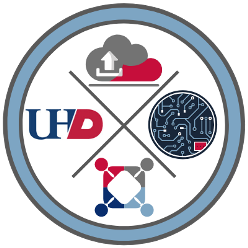
Online Teaching Design And Delivery
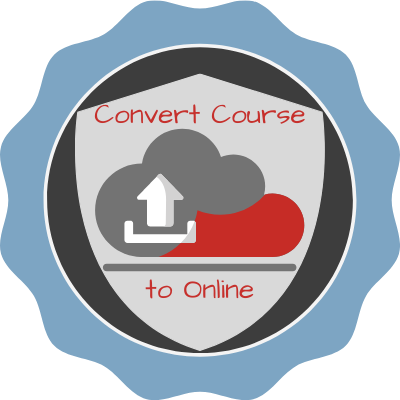
Converting a FTF Course to Online
Teaching online for the first time can be daunting. How do you decide what material from your FTF course to keep, which file formats to use, and which activities to deploy? In this session, as we will establish a definition for course content, begin to plan for the design of a new online course, discuss web-appropriate content formats, explore strategies for converting content, and look at tools for creating online content.
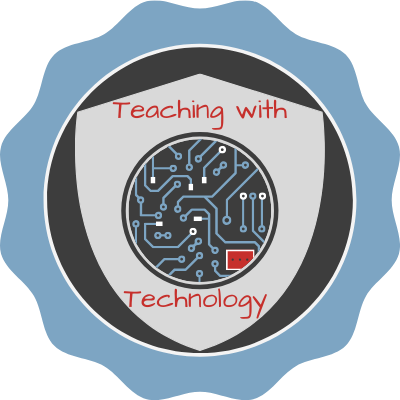
Best Practices with UHD Technology Tools
UHD is fortunate to have in its array of technology tools a wealth of supplemental solutions to add to Canvas to make your online a true learning environment. In this session, we will walk through all of the UHD-supported technology tools and discuss instructional best practices for each of them. We will also look at ways to get additional assistance with learning and managing these tools from the instructor and student perspective.

Creating a Community of Inquiry
The most interactive and engaging online courses are taught by instructors who are more facilitators than lecturers. In these courses, students are the builders of knowledge. But how do we get there? In this session, we will discuss strategies and techniques to foster a community of inquiry among your learners.
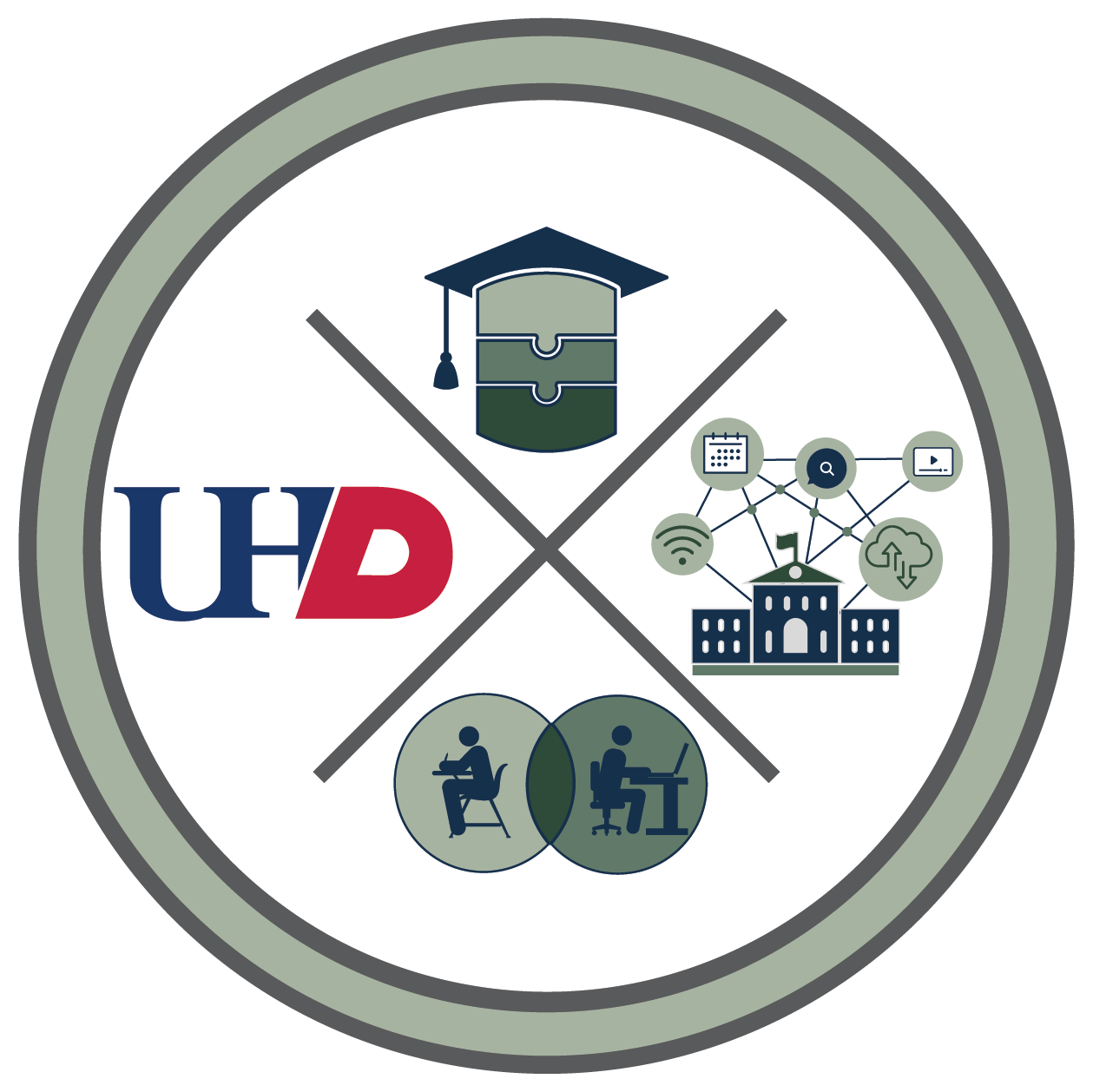
Flexible Designs for Student Success
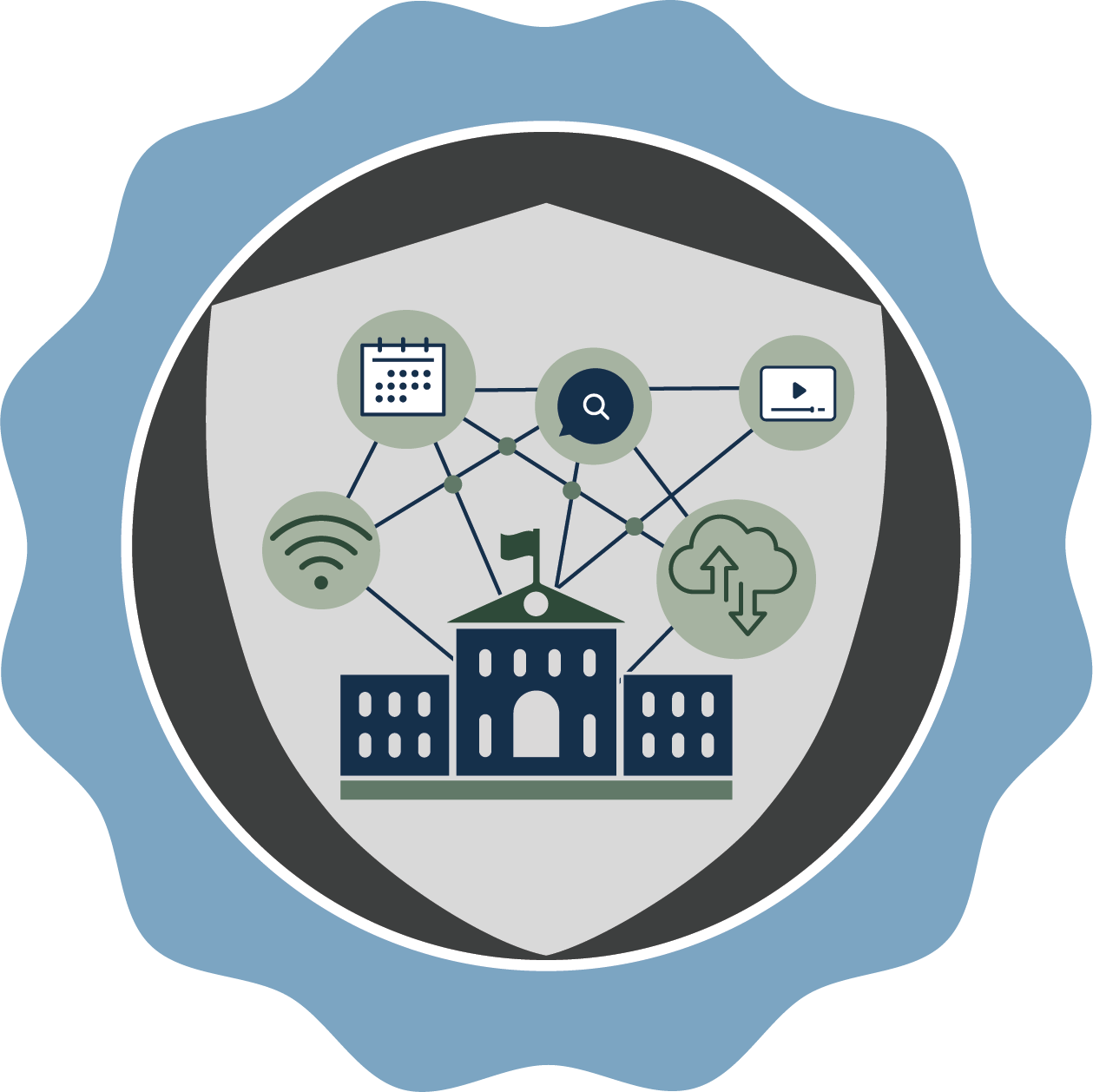
Enhancing Learning Continuity through Digital Transformation
UHD is committed to the success of our faculty and students in every course and in every modality. The pandemic revealed new ways of engagement and a need for flexibility that we can now examine and refine to maximize continuity of the educational experience. Through the alignment of digital learning strategies with key Quality Matters (QM) standards relevant to learning continuity goals, we will cover ways to enhance and bring stability to the learning experience for all students and across all modalities at UHD. In this session, we will focus on utilizing digital tools and strategies that provide flexible access to course materials and activities.
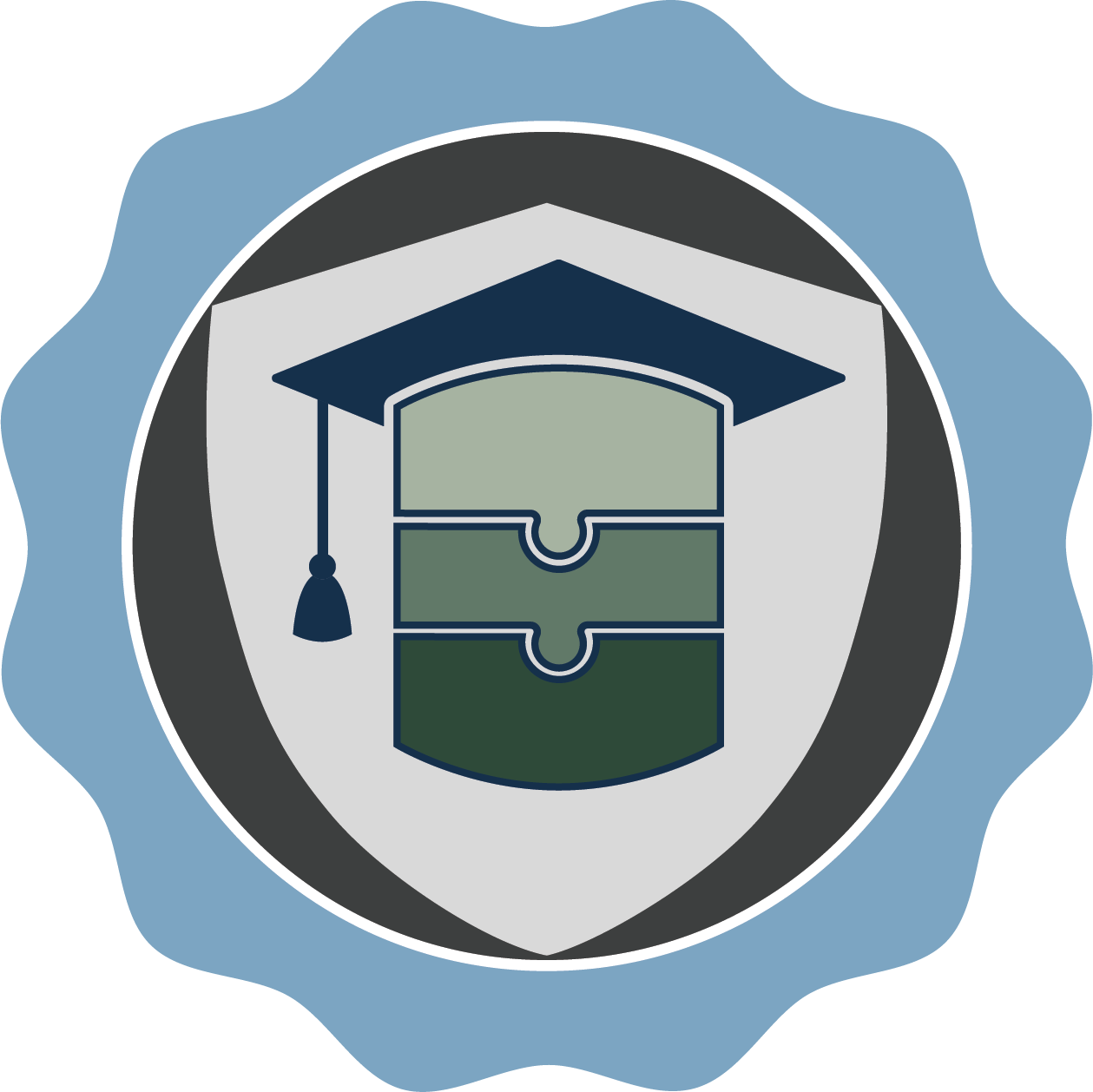
Diversify Your Grading Practices
We will look at various ways to allow your learners to demonstrate what they know and discuss the rationale behind moving away from high-stakes assessments that count for a large percentage of the grade in the course. We will also discuss "ungrading" and what that means in a setting where we have to record a letter grade for students at the end of the term.
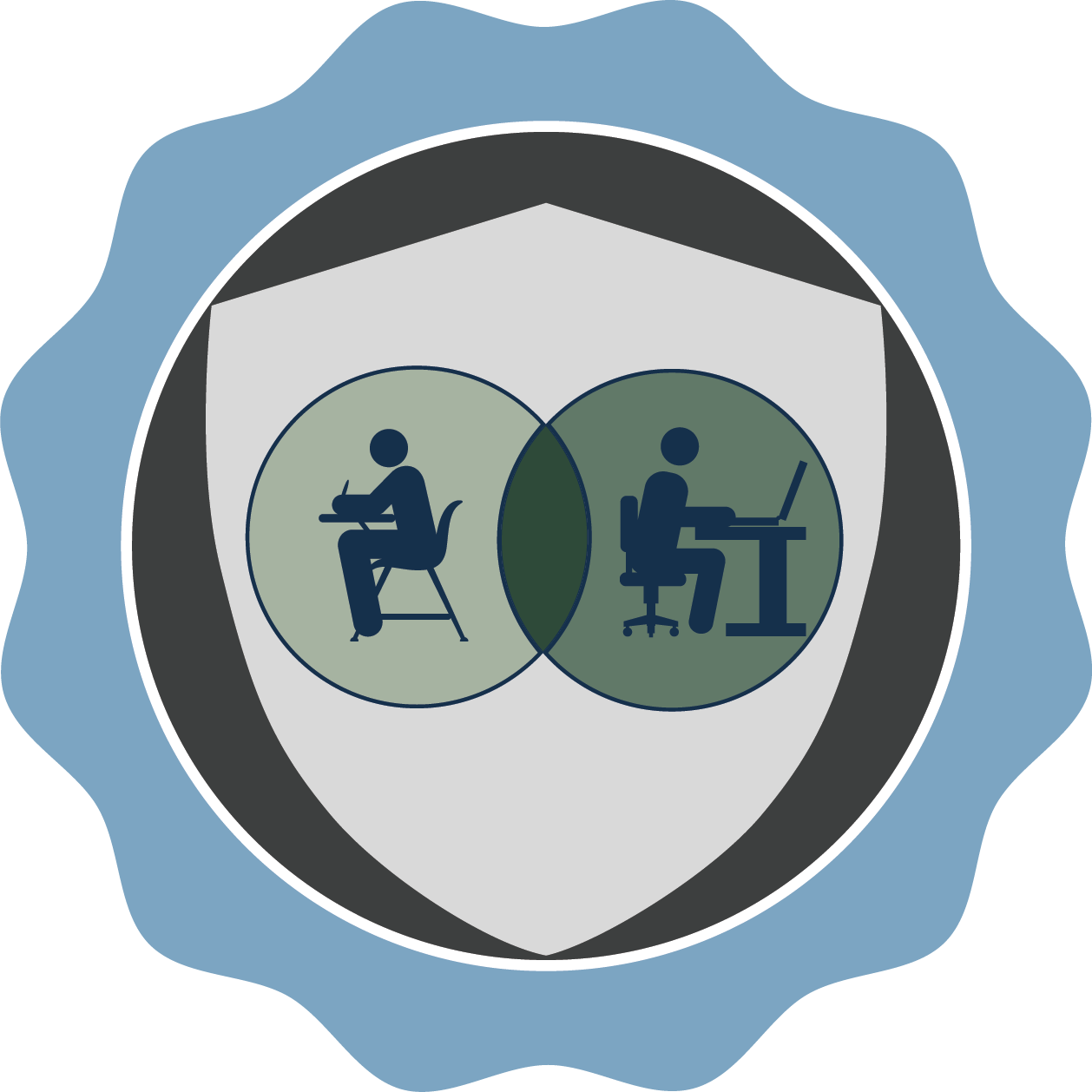
Instructional Modalities Built for Student Success
Somewhere between fully face-to-face and completely asynchronous online courses may be a "sweet spot" for you and your learners. In this session, we will look at the various modalities of instruction that fall between these two types and discuss best practices for each.
